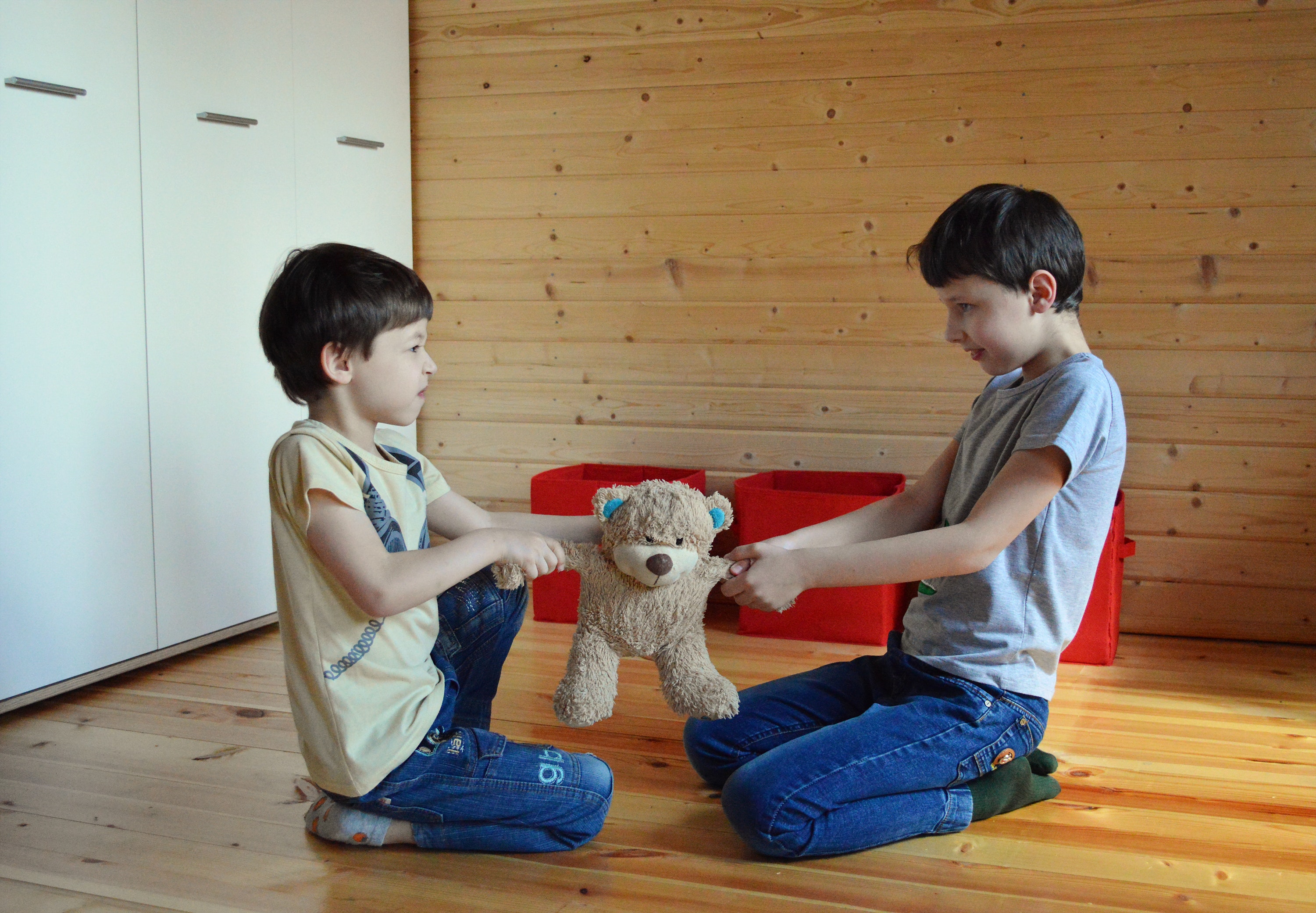
At Maryvale, we have a zero-tolerance policy for bullying, and we are always working to open communication channels and build awareness around the risks associated with bullying in children of all ages. Parents dread the day their child might come home from school complaining about being bullied. Can you imagine being on the other side of that dynamic? Discovering that your child is engaging in bullying behavior should be a major cause for a parent’s concern. It’s essential to address the issue promptly and take appropriate steps to manage their behavior. Here are some suggestions on what parents can do if their child is a bully.
Be Clear and Communicative
Approach the situation with a calm and non-confrontational demeanor. Create a safe and open space for your child to express their thoughts and feelings, and let them know that their feelings are valid and important. It is likely that a child who acts as a bully is suffering in some way and is expressing themselves aggressively because they don’t feel that they have another outlet. Listen attentively and avoid blaming or shaming language. Let them know that you are there to support them but that their behavior needs to change.
Be firm in acknowledging that your child’s behavior is unacceptable and emphasize that bullying is hurtful and harmful to others. Help them understand the impact of their actions on the victim and the broader consequences it can have on their relationships and future opportunities.
Be Ready to Create and Enforce Consequences
Once your child understands that they have misbehaved, it is crucial that you help prevent further bullying. Establish clear boundaries and expectations regarding behavior. Make it clear that bullying is not acceptable and will not be tolerated. Keep a close eye on your child’s interactions and behavior, both in-person and online. Monitor their social media use and online activities to ensure they are not engaging in cyberbullying. Establish boundaries and rules for technology use and reinforce the importance of responsible online behavior.
Clearly outline the consequences for engaging in bullying behavior, such as loss of privileges, time-outs, or other appropriate disciplinary actions. Be consistent and follow through with consequences if necessary.
Identify and Address the Causes of Aggressive Behavior
Bullying often stems from a lack of empathy and an inability to understand how others feel. Encourage your child to imagine themselves in the victim’s position and reflect on the pain they may be causing. Help them develop empathy by discussing emotions, encouraging kindness, and facilitating understanding of others’ perspectives. Foster respect, gentleness, and compassion. The more you model respectful and kind behavior at home, the less reactive your child will be. Create an environment that values empathy, understanding, and tolerance. Encourage acts of kindness and praise your child when they display positive behavior or make efforts to change their bullying behavior. Encourage your child to engage in positive activities that promote social skills, empathy, and teamwork. Encourage them to develop friendships based on respect and inclusivity. Support their involvement in clubs, sports, or community activities that promote positive peer interactions.
Accept Accountability and Be Solution-Oriented
Parents should collaborate with their child’s school and other adults. Communicate openly with your child’s school about the situation and work together with teachers, counselors, or administrators to address the bullying behavior. Collaborate on interventions and strategies that can be implemented at home and school to support your child’s behavior change.
Promote conflict resolution and problem-solving skills to help your child develop alternative ways to resolve disagreements and deal with their emotions. Teach them effective communication skills, problem-solving strategies, and conflict-resolution techniques. Help them to express their feelings in a constructive manner rather than resorting to bullying behavior.
Remember, addressing bullying behavior requires patience, consistency, and ongoing communication. Providing support and guidance is essential while holding your child accountable for their actions. By addressing the behavior early and teaching empathy and respect, parents can help their children develop healthier ways of interacting with others and prevent further harm to those involved. If your child’s bullying behavior persists or is severe, consider seeking professional help. Maryvale can connect you with the appropriate mental health practitioners to work with your child to address underlying issues, teach appropriate behavior, and develop healthier coping mechanisms. Get in touch for information about our youth services, mental health services, and Wraparound Services today.






